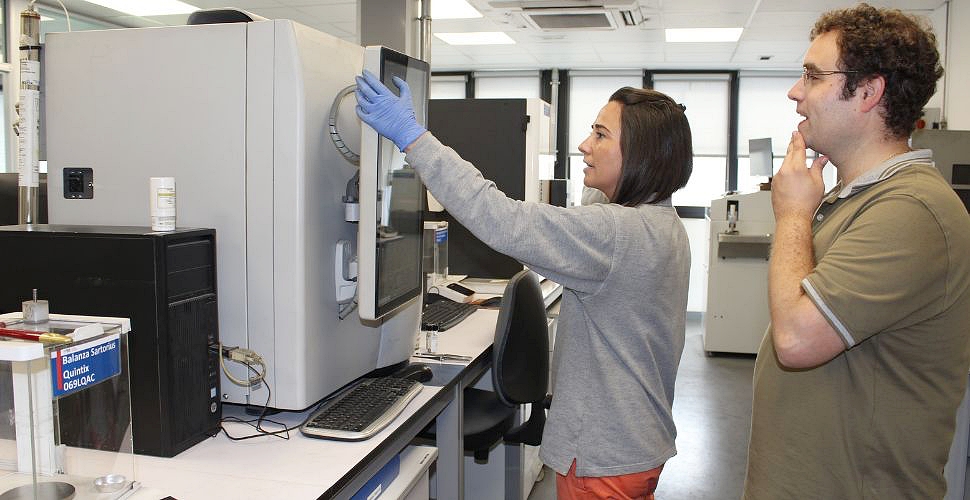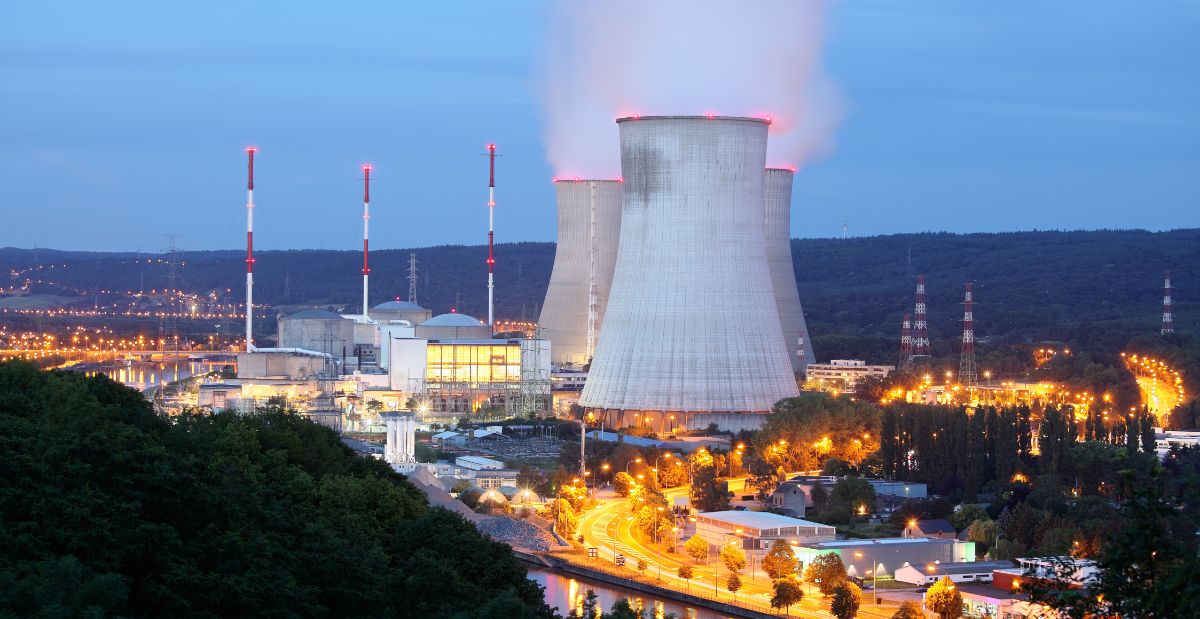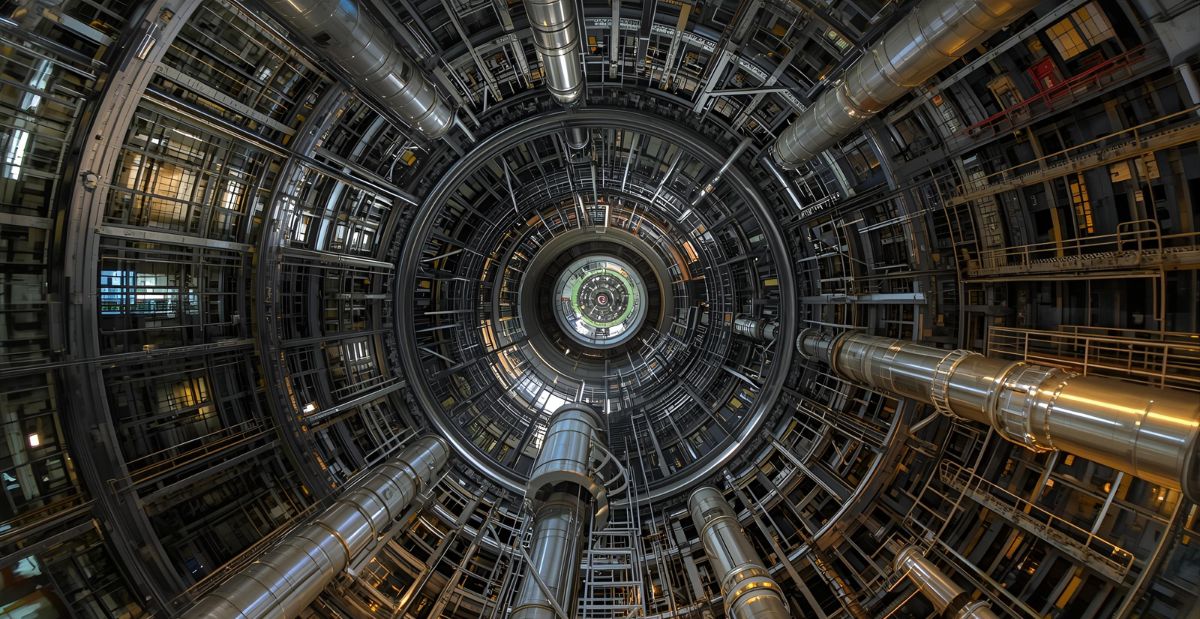
LADICIM and GSW Join Forces to Optimize Steel Quality Through Residual Hydrogen Control
The H2ALAM project investigates how to improve the strength and durability of this material by regulating the levels of the chemical element during its manufacturing process.
The Laboratory of the Division of Materials Science and Engineering at the University of Cantabria (LADICIM) and Global Steel Wire (GSW) are jointly developing the H2ALAM project, which focuses on studying the influence of residual hydrogen in steel during its manufacturing process. This new collaboration between the research center and the European high-end wire rod manufacturer aims to optimize the mechanical properties of steel and ensure its performance in industrial applications. Now in its final phase, the project is set to enhance the competitiveness of the steel industry.
Hydrogen that accumulates in steel during production can negatively affect its strength, prompting this joint research to control and reduce its presence in the material. Through a detailed analysis of the dwell times between production steps, H2ALAM seeks to identify critical points where hydrogen should be released, thus ensuring the steel maintains sufficient toughness for various applications.
With over four decades of experience simulating aggressive environments to study material behavior, LADICIM is creating controlled environments to assess how hydrogen impacts steel. To achieve this, they use advanced techniques such as cathodic polarization. This involves applying an acidic solution and a platinum grid to the steel sample, allowing for the introduction of different hydrogen levels into the material. The aim is to simulate real-world usage conditions and analyze how the steel responds depending on the concentration of hydrogen present.
The H2ALAM project also aims to establish a threshold for hydrogen content—that is, the maximum level the steel can contain without compromising its quality. The results are expected to improve both the manufacturing process and quality control, boosting the material’s competitiveness in the market.
H2ALAM is being led by two LADICIM researchers: Dr. José Alberto Álvarez and Dr. Borja Arroyo.



